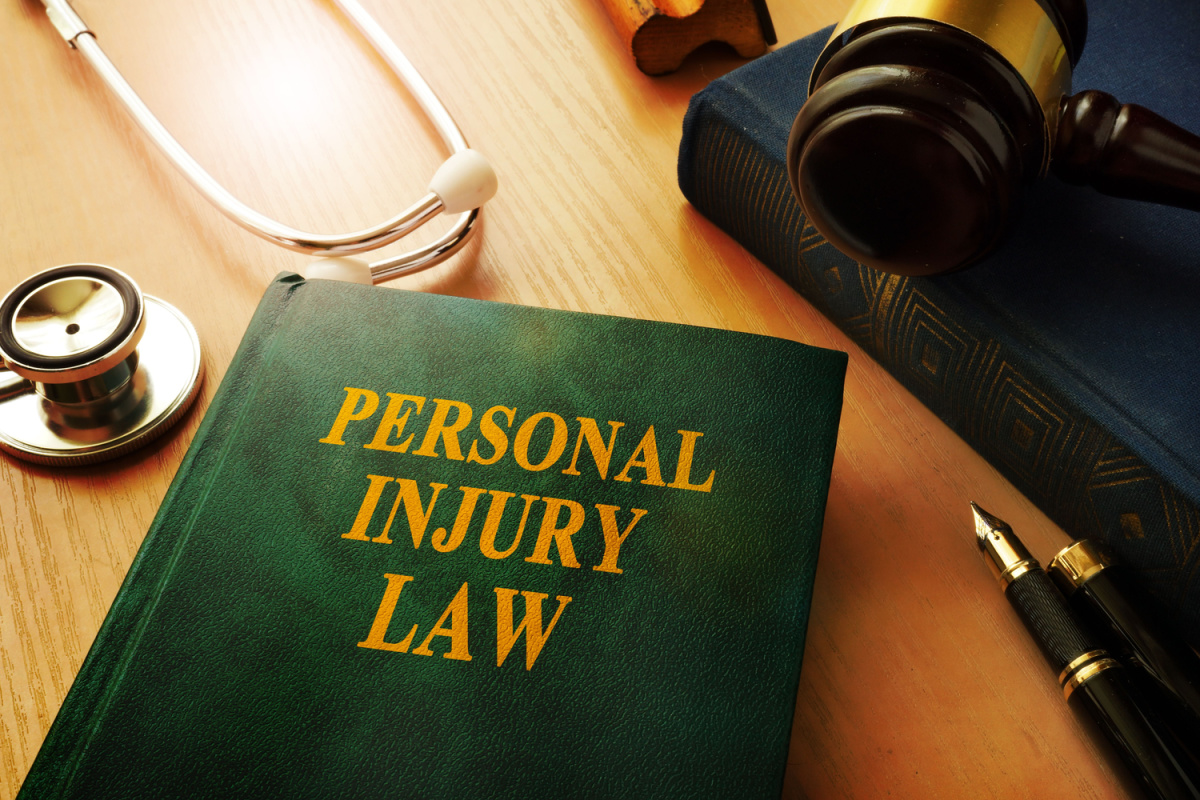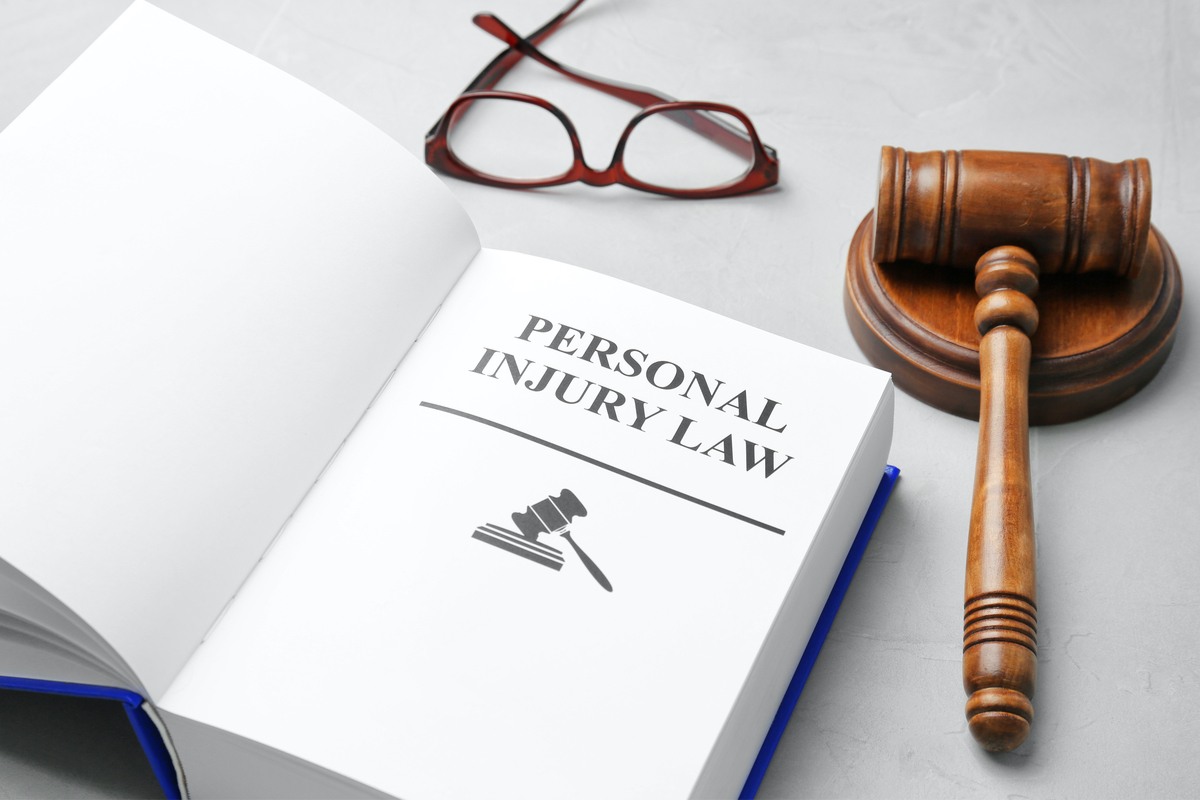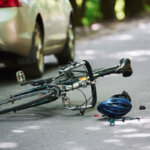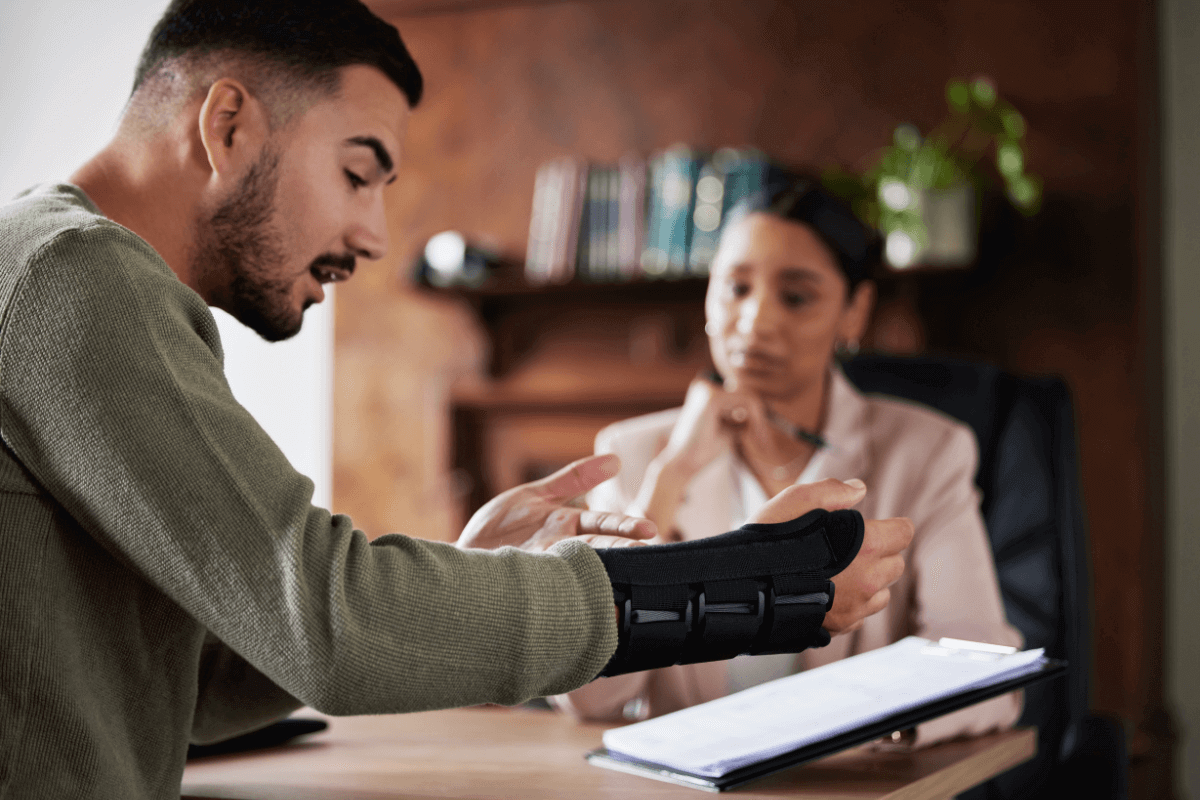
Partner at AKD Lawyers
Practice Areas: Personal Injury, Insurance Claims

New Orleans is known for its culture, history, and traditions, but it is also home to a legal system unlike any other in the country. Because Louisiana follows a civil law structure rather than common law, the rules shaping personal injury claims work differently from those in most states. Anyone dealing with an injury claim in Louisiana should understand how these written statutes influence deadlines, liability, and compensation.
This guide explains the core laws that affect personal injury matters in New Orleans and breaks down what makes the state’s legal system unique.
Louisiana’s Distinct Civil Law Framework
Most states rely heavily on court decisions to guide legal outcomes, but Louisiana’s approach is different. The legal foundation here is the Louisiana Civil Code, a structured set of written laws influenced by French and Spanish legal traditions.
This framework shapes personal injury matters in several ways:
- Judges rely on the wording and interpretation of statutes more than past rulings.
- Liability is defined through specific civil code articles.
- Injury claims must fit within clearly stated rules, timelines, and procedures.
Unlike common law states, where case precedent plays a major role, Louisiana’s system focuses on applying written code provisions to determine negligence, fault, and damages. This influences everything from car accident liability to slip and fall cases.
How the Civil Code Shapes Negligence and Liability
Negligence laws in Louisiana come from Civil Code Articles 2315 through 2324. These articles outline when a person can be held responsible for causing an injury, even when the harm was not intentional.
Under these rules, someone may be liable if they failed to act with reasonable care and that failure contributed to another person’s harm. This applies to unsafe conditions, traffic incidents, inadequate property maintenance, and product-related injuries.
Civil Code Article 2321 also covers strict liability in dog bite cases, while other statutes address issues like insurance responsibilities and workplace safety.
Under Civil Code Article 3492, most personal injury actions must be filed within one year of the injury date, one of the shortest timelines in the United States.
The One-Year Filing Deadline in Louisiana
One of the most important and often overlooked laws affecting personal injury claims is Louisiana’s one-year prescription period. Civil Code Article 3492 sets a strict one-year deadline to file most personal injury lawsuits.
This short timeline stands out because many states allow two to four years. Missing the deadline usually means the claim cannot move forward, regardless of how strong it might be. Understanding this prescription period is critical because gathering records, investigating the incident, and documenting the injury all take time.
There are limited exceptions, such as claims involving minors, cases where the cause of the injury was not immediately known, and wrongful death claims that begin at the date of death.

How Louisiana Compares to Other States
|
State |
Personal Injury Filing Deadline |
Notes |
| Louisiana | 1 year | Shortest in the U.S.; Article 3492 |
| Tennessee | 1 year | Similar timeframe |
| Texas | 2 years | Standard limit |
| California | 2 years | Discovery rule applies |
| Florida | 4 years | Longer timeframe |
Pure Comparative Negligence in Louisiana
Louisiana follows a pure comparative negligence model, which allows someone to recover damages even if they are mostly at fault. Compensation is reduced by the percentage of fault assigned, but recovery is not blocked unless the deadline is missed.
For example, if someone is found 70 percent responsible for an accident and their damages total 40,000 dollars, they may collect 12,000 dollars.
This rule differs from modified comparative negligence states, where recovery stops at 50 or 51 percent fault, and from contributory negligence states, where even one percent fault can bar recovery entirely.
Louisiana applies pure comparative negligence, allowing recovery even when an injured person is 99 percent at fault, with compensation reduced proportionally.
If you’re trying to understand how these rules might apply to your situation, speaking with experienced New Orleans personal injury lawyers can offer clarity on deadlines, fault rules, and the civil code that shapes cases in Louisiana.
Damage Caps and Exceptions in Louisiana
Not all injury cases in Louisiana follow the same rules for compensation. Medical malpractice cases have a specific cap of 500,000 dollars for general damages such as pain and suffering. This cap does not limit medical expenses or lost income that exceed that amount.
Before any medical malpractice case can proceed to court, it must first go through a medical review panel. This panel reviews evidence and determines whether the healthcare provider may have failed to meet the required standard of care.
General personal injury cases, including auto accidents, unsafe premises incidents, and dog bites, do not have damage caps. Compensation in those situations depends on the actual losses and impact of the injury.
Strict Liability in Louisiana Dog Bite Cases
Louisiana takes a strong stance on dog bite incidents through Civil Code Article 2321. Under this law, a dog owner may be responsible for a bite even if the animal never acted aggressively before.
There are exceptions when:
- The injured person was trespassing
- The dog was provoked
- The individual was engaged in unlawful activity
Because Louisiana uses a strict liability approach, this law offers broader protection than the one-bite rules seen in other states.
Civil Code Article 2321 establishes strict liability for dog owners, meaning prior knowledge of aggression is not required for responsibility.

Additional Louisiana Laws That Influence Injury Matters
Several other statutes shape how personal injury claims are handled:
- RS 32:861 requires all drivers to carry minimum liability insurance.
- Title 13:3732 ensures that anyone who gives a recorded statement about an accident can request and receive a copy within 20 days.
- Title 23:13 outlines employer safety obligations, and most workplace injuries fall under workers’ compensation rules rather than personal injury claims.
These statutes highlight Louisiana’s structured civil law system and how written code drives many aspects of injury cases.
FAQs
Why does Louisiana use a civil code system?
Louisiana’s legal system comes from French and Spanish traditions, so written statutes guide decisions instead of relying heavily on past cases.
What happens if the one-year filing deadline is missed?
Most claims cannot move forward if the one-year period passes unless limited exceptions apply for minors or delayed discovery.
How does pure comparative negligence affect recovery?
Compensation is reduced by the percentage of fault assigned, but recovery is still possible even when someone is largely responsible.
Are all injury cases subject to damage caps?
Only medical malpractice cases have general damage caps. Most other injury matters, including auto accidents, do not have capped damages.
How do dog bite laws work in Louisiana?
The state uses strict liability, meaning owners may be responsible even without prior warning signs, unless exceptions apply.
Are workplace injuries handled like other injury claims?
Most workplace injuries fall under workers’ compensation, which limits lawsuits except in rare circumstances.
Conclusion
Louisiana’s civil law system creates a unique environment for personal injury matters. Written statutes define liability, deadlines, and compensation, making the process different from most other states. Understanding the one-year filing limit, comparative negligence rules, strict liability standards, and damage cap exceptions can help individuals make informed decisions after an injury.
If you have questions about how Louisiana’s laws apply to your situation, Alvendia, Kelly & Demarest Law Firm can help you understand your options. The firm offers free consultations to discuss your matter and provide guidance tailored to your circumstances.
Categories

In 2003, after being dissatisfied with the quality of legal care for victims of car accidents, Roderick ‘Rico’ Alvendia sought to establish a new firm focused on providing high-quality legal services to aid injured victims and their families. J. Bart Kelly, sharing Rico’s passion for upholding justice, joined the firm later that year, and established a partnership.






